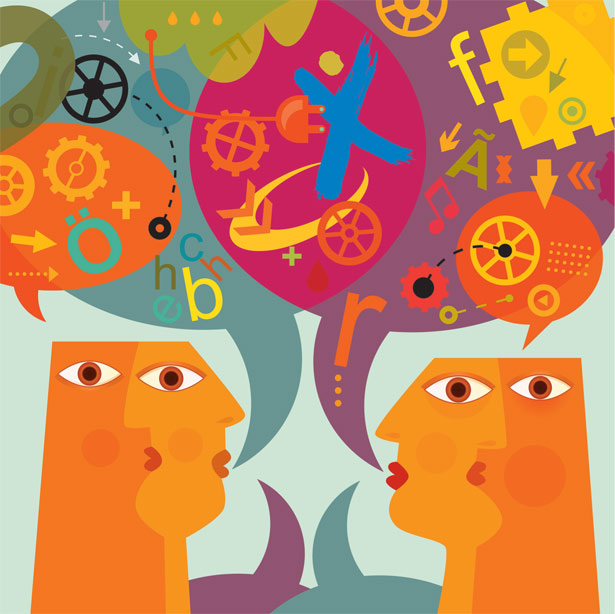
Job postings often state that the successful applicant must have superior critical thinking and problem-solving skills. Yet employers tell college administrators that graduates, both from undergraduate and graduate programs, often lack these skills.
Having read this week’s assigned materials, how would you define critical thinking?
Why are employers making these comments? Are they justified?
In the modern world, everyone knows that critical thinking is very important. At the same time, not everybody can explain what it means and have a very vague idea of what it actually is. Some people truly believe that critical thinking is all about criticism and the ability to find and explain weak points of some ideas but actually it is also about finding the value of these ideas and clearly state why you agree or disagree with something, why it is good or bad and consider all points of view and evidence before making any decisions.
(more…)




